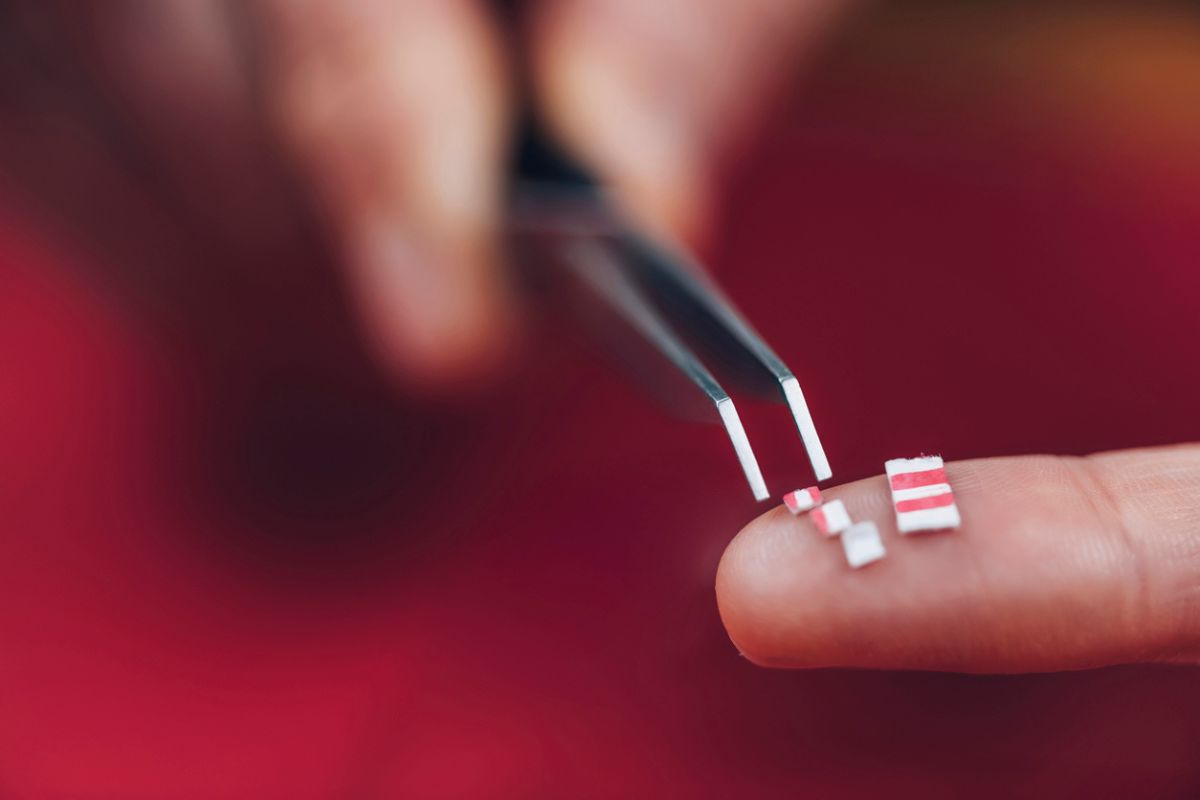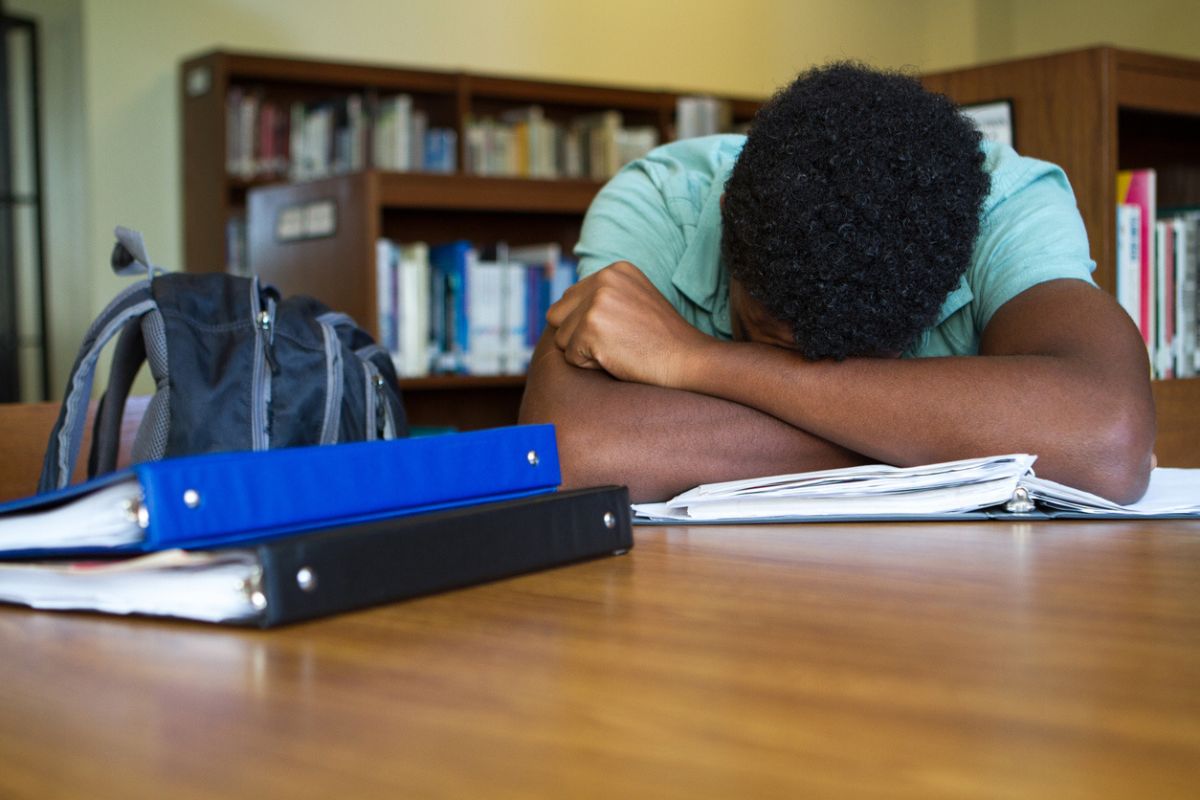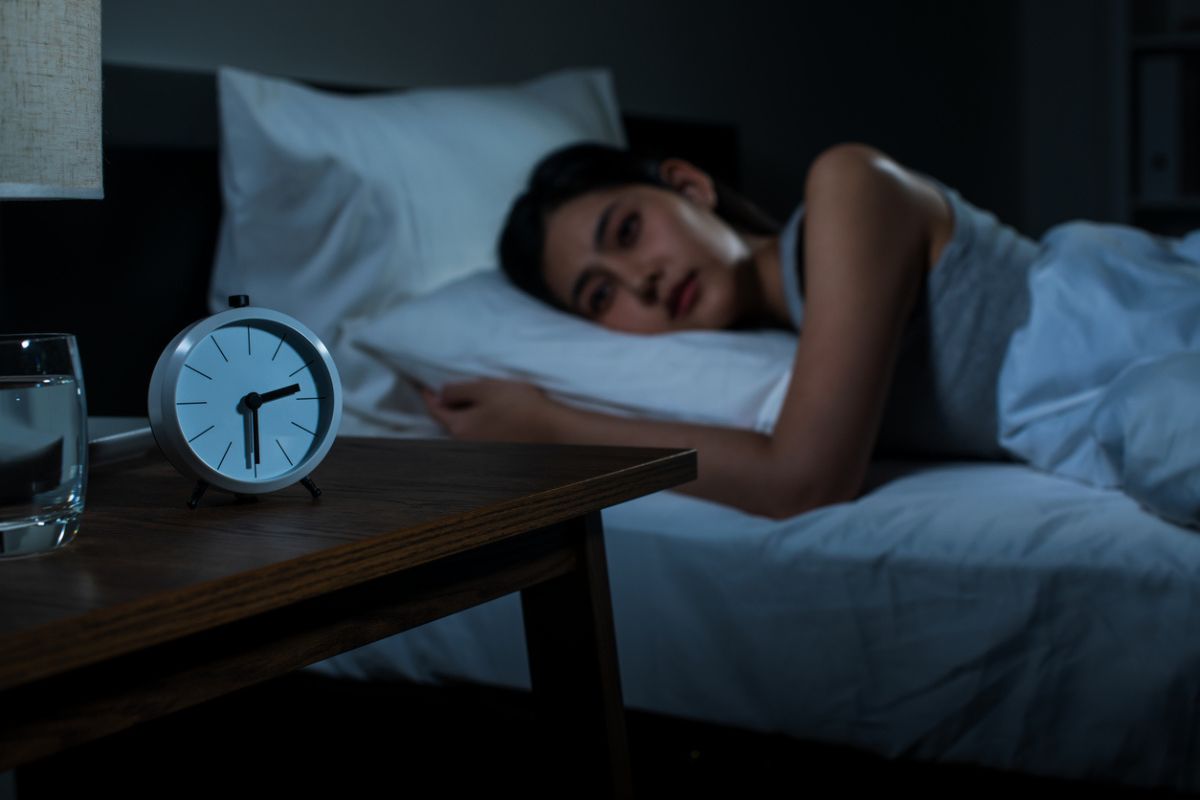New research has uncovered a potential – and terrifying – new phenomenon: social media nightmares. And they’re not talking about embarrassing Instagram posts. No, these Australian researchers say they’ve stumbled across a growing number of people suffering nightmares brought on by the stress of maintaining their online presence.
The Flinders University scientists launched this groundbreaking research project to get a better grasp on how social media use might influence the content of our dreams – especially the bad ones. To do that, the research team developed and drafted a Social Media-Related Nightmare Scale (SMNS) to measure them.
“As social media becomes increasingly intertwined with our lives, its impact extends beyond waking hours, and may influence our dreams,” Reza Shabahang from the university’s College of Education, Psychology and Social Work – and the lead author – explained in a press release.
Methodology
The researchers worked with a convenience sample of 595 Iranian adults who reported their experiences with social media-related nightmares. They also shared insights about their overall online activity, anxiety levels, peace of mind, sleep quality, and nightmare distress.
Researchers sought participants who “have been users of at least one social media platform, with a minimum usage of 15 minutes of social media per day during the last month.”
Additionally, most of the study participants – 87 percent – named Instagram as their preferred platform. Meanwhile, 11 percent of participants favored Twitter – now X. And only 2 percent of them spent the most time on Facebook.
Frightening Results
Earlier research has explored links between online activity and dreams, sleep, and mental health. But this is the first time researchers tackled how nightmares figure into the equation.
To lay the groundwork for this new research, Shabahang developed the SMNS, consisting of 14 items with strong psychometric properties.
“Participants were instructed to specifically focus on nightmares – those distressing dreams that awaken them from sleep – with the aim of capturing nightmares rather than general bad dreams,” the study’s authors wrote. “The items were crafted to center around themes of helplessness, loss of control, inhibition, victimization, and making mistakes within the realm of social media. Response options ranged from 0 (never) to 7 (several times a week).”
Key findings include:
- Prevalence of Social Media-Related Nightmares. Although infrequent, the most common nightmares were related to the inability to log in and relationship disruptions online.
- Lingering Effects. Researchers linked the nightmares to higher anxiety levels, lower peace of mind, and poor sleep quality. The researchers noted that the intensity of social media use was a significant predictor of the frequency of these nightmares.
- A Mediating Role. The study found that the nightmares mediated the relationship between social media use intensity and negative mental health outcomes. This mediation suggests nightmares could be a pathway through which extensive online engagement leads to sleep difficulties.
“With the rapid advances in technology and media, including artificial intelligence (AI) and virtual reality, along with the increasing dependency on these technologies and deeper integration, it is anticipated that dreams featuring technological and media content will become more frequent,” Shabahang added.
Waking Up. And Moving Forward.
The research draws on the Continuity Hypothesis of Dreaming, which suggests that waking life experiences shape our dreams. It also aligns with the Neurocognitive Model of Nightmare Etiology, which posits that stress in one’s nightmares reflects one’s waking life.
In short, this study highlights the potential psychological pitfalls linked to heavy social media use. It also emphasizes the need for further exploration into how digital interactions affect mental health and sleep quality.
“Future studies have the potential to expand the scope of this exploration, delving into areas such as nightmares related to the perceived dangers of AI,” the authors wrote.
“To mitigate the occurrence of social media-related nightmares we recommend adopting a responsible and mindful use of social media,” Shabahang concluded.
Further Reading
Social Media Poses ‘Profound Risk of Harm’ to Kids



